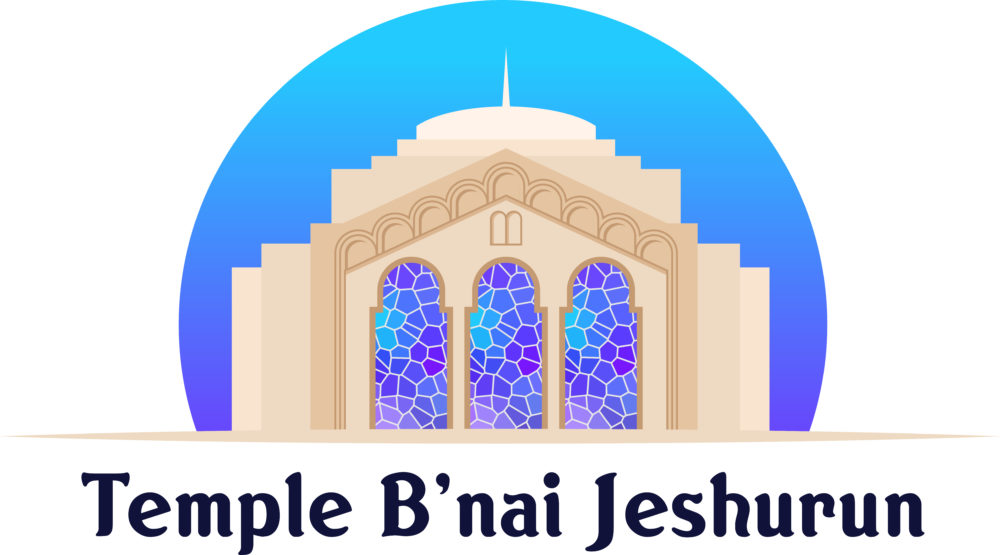Jewish babies are given Hebrew names shortly after they are born. A brief ceremony is performed, which often includes friends and family members of the new baby.
This is a brief ceremony during which the baby is given his or her Hebrew name. The chosen Hebrew name could be a name that sounds like the baby’s secular/English name, or one that begins with the same sound as the baby’s secular/English name. Often a Hebrew name is selected because the meaning of the word has significance to the family. Ashkenazic Jews (those of European ancestry) often select a name that commemorates a deceased relative of the baby in order to honor that person’s memory. Sephardic Jews (those of Spanish and Middle Eastern ancestry) often follow the custom of naming their children after living relatives.
During the ceremony, there is an opportunity for the parents of the new baby to explain their choice of name and its significance to them. Blessing are said during the ceremony acknowledging that the child has been entered into a brit, a covenant, with God. Blessings are also recited for the baby’s well-being. The traditional wish is offered – that this child may grow into a life of study of Torah, of loving relationships, and the performance of good deeds.
When does a Jewish baby naming take place?
If a baby boy is being circumcised, (b’rit milah) typically done on the eighth day after birth, the boy is given his Hebrew name at the same time.
Baby namings for girls can occur at any time, although they are usually done in the first few weeks of the baby’s life.
